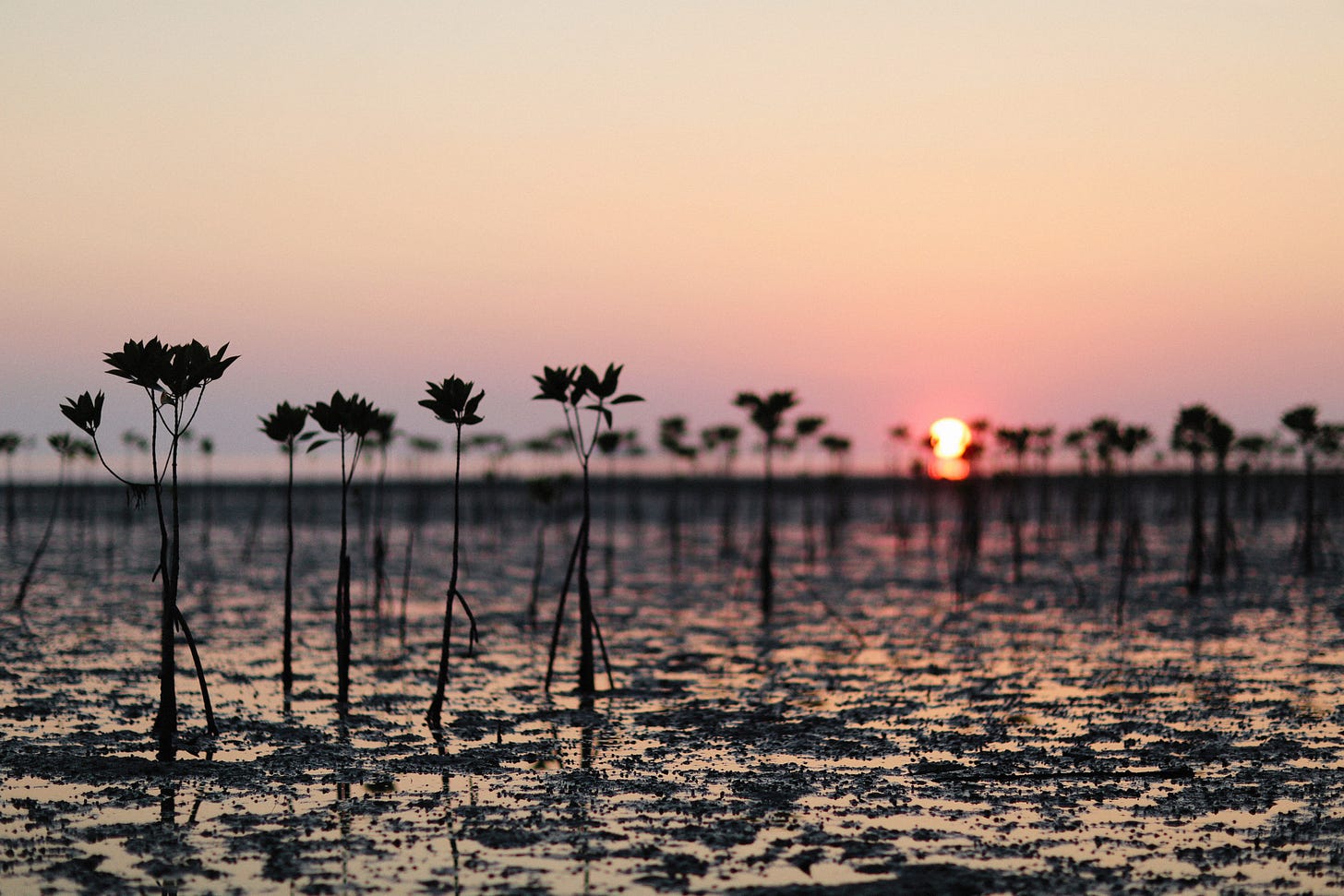Danish Red Cross to Scope and Assess 'Blue Carbon' Reduction Projects in Southeast Asia
Base Carbon Capital Partners, has entered into a letter of intent with the Danish Red Cross to scope and assess and potentially develop one or more mangrove-related carbon reduction projects in Southeast Asia which are anticipated to follow VERRA “Tidal Wetland and Seagrass”, methodology.
Southeast Asia has one of the largest and most diverse mangroves habitats, but its continuing deforestation and degradation of natural forest areas is creating a complex situation with both local and global ramifications.
The Red Cross will help implement social development programs for improving the quality of life of coastal communities, who will be involved in all stages of the projects and will be trained to carry out the restoration work to help ensure the long-term sustainability of these social impacts.
Potential projects related to the prospective partnership will be jointly funded by the Danish Red Cross including other Red Cross affiliated entities.
Blue carbon refers to the carbon captured by ocean and coastal habitats such as seagrass meadows, whale habitats and mangroves, which act as robust sinks by sequestering and storing large amounts of carbon in both the plants and sediments below.
By the numbers, 83% of the global carbon cycle is circulated through the ocean and coastal habitats cover less than 2% of the total ocean area but account for 50% of the total carbon sequestered in ocean sediments.
By comparison, these habitats store two to four times more carbon than terrestrial forests making them a key component of nature-based solutions to climate change and effecting in helping corporations achieve their net zero commitments.
In addition to acting as powerful carbon sequestration properties, mangrove projects mitigate the impacts of natural disasters, prevent erosion, and help reestablish fish and other marine life habitats.
Beyond carbon storage benefits, ecological restoration projects improve ecosystem services and enhance biodiversity increase. These initiatives benefit local communities’ climate resilience, improve soil for stronger food systems and help restore microbial relationships to protect human health.
The parties have committed to work together until at least October 2024 with respect to such potential projects in the region.
#BlueCarbon #DanishRedCross





